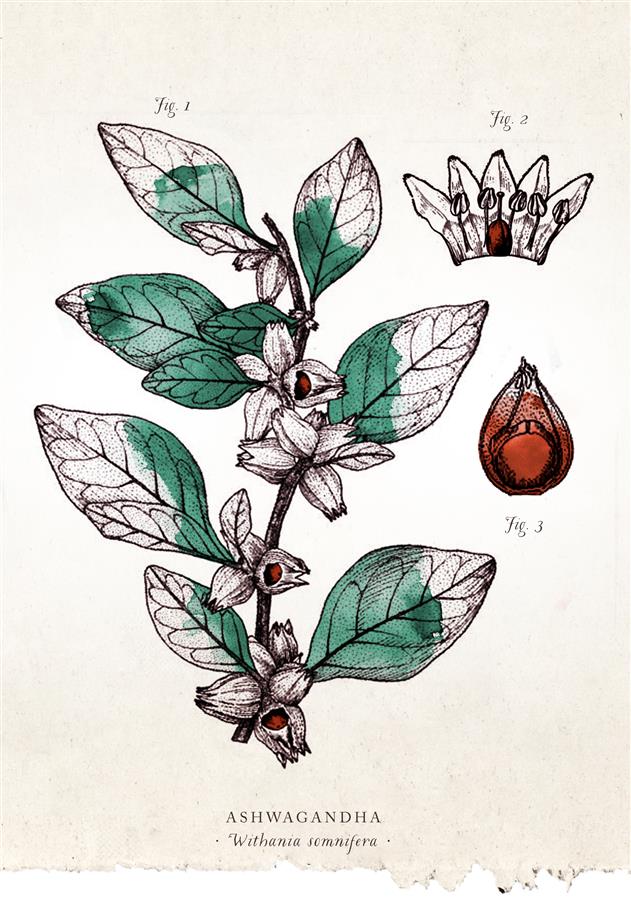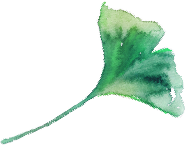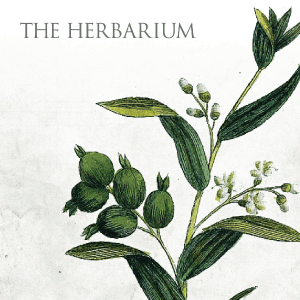
Ashwagandha (Withania sominfera) is one of my favorite Ayurvedic herbs, and one of the first herbs I was ever introduced to medicinally. This is an incredibly building and nourishing herb with a long and rich history of use. Today, it is most common to use the roots of this beautiful herb, and traditionally both the roots and the leaves were used. As always, most herbs can do several different things in the body, and Ashwagandha is what I would consider a very successful “Jack of all trades” for a variety of different reasons.
Energetically, Ashwagandha is warm and slightly moistening, with a balancing bitter and sweet flavor (reinforcing it’s nutritive quality). It was traditionally used in weakened conditions, where the person could use some building, strengthening or overall-all nourishing support to the organ systems in cases like pregnancy, old age, or children not thriving well. Today, it’s medicinal use and research has expanded to include it’s use as a sleep aid, musculo-skeletal analgesic and even supportive in cancer patients to help build their immune system. All of this builds on the foundation of Ashwagandha as a powerful building and nourishing herb.
I love Ashwagandha personally, as an immunomodulator, anti-inflammatory, adrenal supporting and energetically strong herb that can be taken tonically for comprehensive organ system support. I think it’s one of the most soothing bed time herbs to help drift off into sleep and relax your muscles and mind before bed, but preparation is key to have this effect. Taking the capsules, powder or tincture alone won’t work. The root must be decocted in a fatty milk (like whole milk or coconut milk) to extract all of the fat soluble and water soluble molecules for this sleepy effect. On a daily basis though, I prefer to take the powder in my food, or the tincture if I’m traveling. It’s a remarkably safe herb, and many of these powerful effects (especially the analgesic and anti-inflammatory effects) need a heftier dose.
As an Ayurvedic medicine, Ashwagandha potentiates pitta activity and is often better suited for the Vata (and sometimes Kapha) individual who has a tendency to overwork themselves into depletion. They may run cold and dry, with a weakened vitality of the mind and spirit. I’ve seen Ashwagandha used beautifully in the Vata athlete on a (voluntarily) restrictive diet that is depleted, tired, and sore in their muscles. Ashwagnahda is a wonderful daily herbal ally to strengthen the mind, body and spirit, and lends itself to a wide variety of uses (and recipes – coming soon!).








